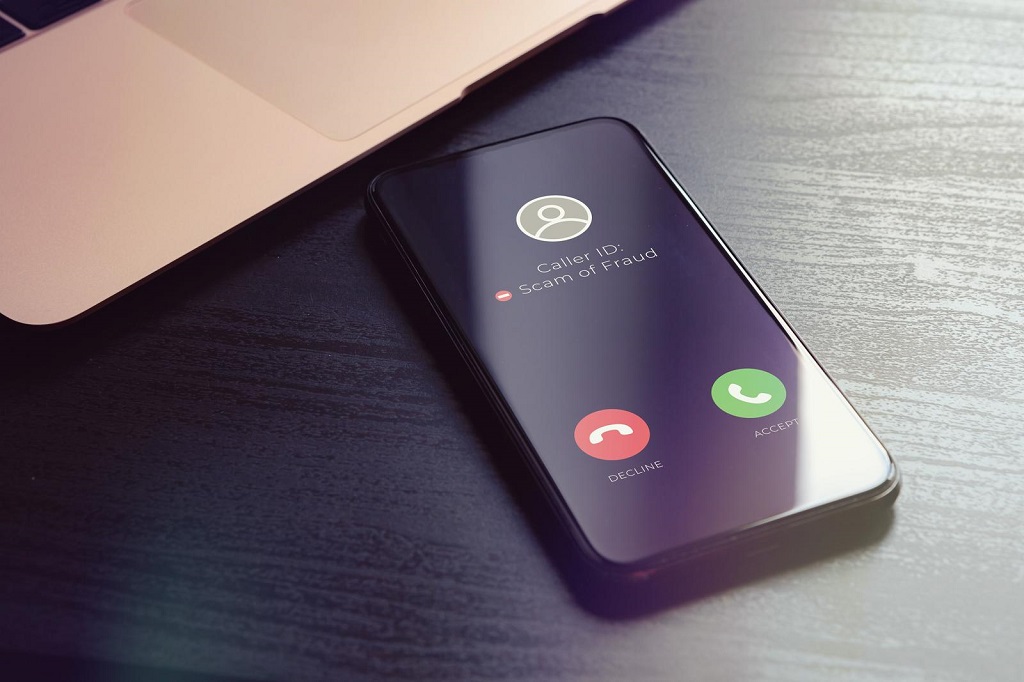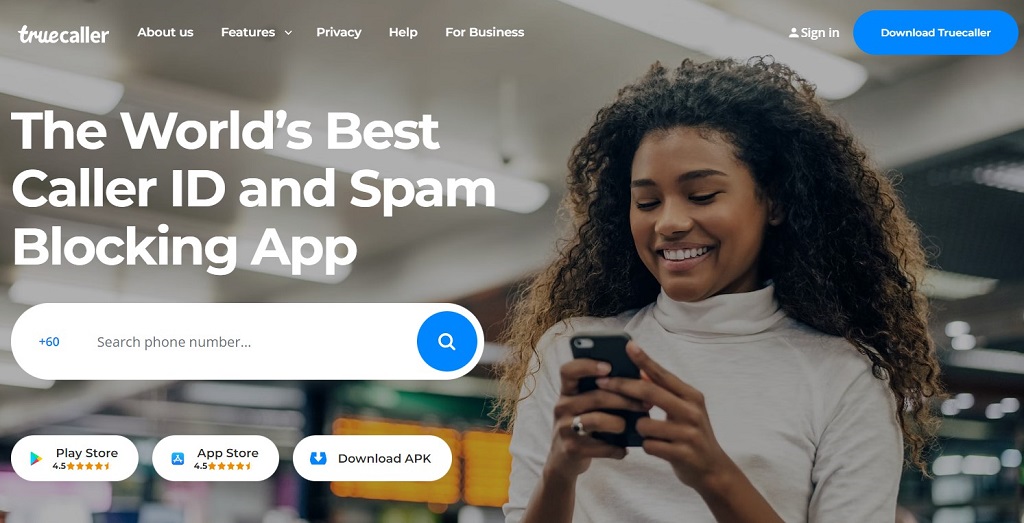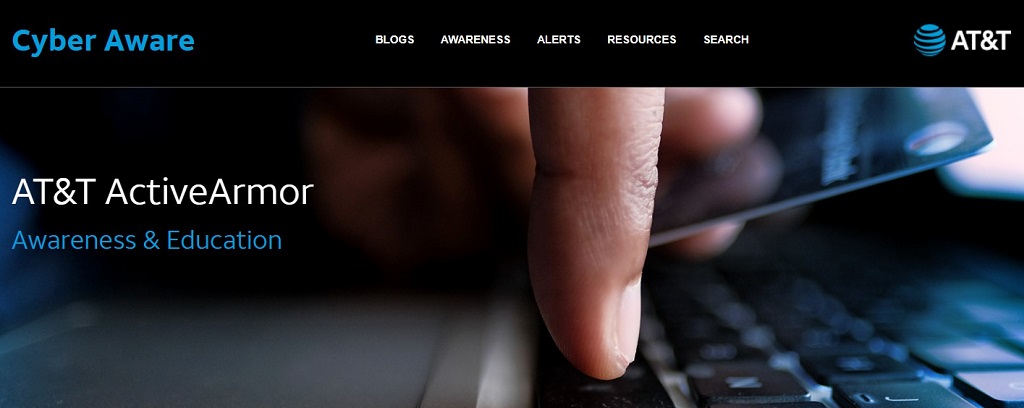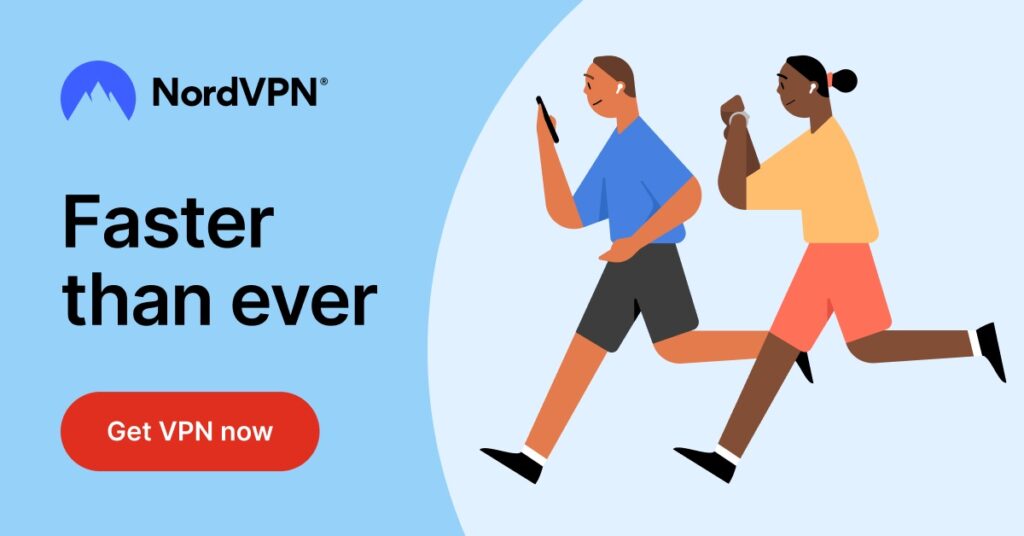Have you ever looked down at your phone and seen the words “Scam Likely” flashing on your screen? If you're like me, you probably wondered what the heck that means and why it's happening to you. Well, my friends, I'm here to tell you about it.
In this article, I'll discuss this notification, why it appears on your phone, and, most importantly, how to block associated calls. So, sit back, relax, and let's dive into the world of scam calls.
What is Scam Likely?
Scam Likely is a service provided by phone companies like AT&T that identifies potential scam calls or spam before you answer them. When a call comes in, and the phone company suspects it may be fraudulent or unwanted, the service will label it as “Scam Likely” on your caller ID.
These calls can come in different forms, including telemarketing calls, robocalls, and even phishing attempts. These calls trick you into giving out personal information or money.
How the Anti-scam System Works
Phone companies use various methods to determine if a call is likely a scam. They may analyze the number that the call is coming from, the caller's behavior, and the call's context.
For example, if a call is coming from a number that has been flagged as a source of scam calls in the past, the phone company is likely to label it as a potential scam.
Why Scam Likely Appears on Your Phone

You might be wondering why these strange call notifications appear on your phone in the first place. The truth is, there are several reasons why this could be happening. Here are a few of the most common:
Scammers are Targeting You
If you're getting many spam calls, scammers may have identified your phone number as a good target. They may use automated systems to call as many people as possible, hoping some will fall for their tricks.
Your Number is Similar to a Known Scammer
Believe it or not, scammers sometimes use phone numbers similar to legitimate businesses or individuals. This is known as “spoofing” and can make it difficult for phone companies to determine which calls are legitimate and which are scams.
If your number resembles a known scammer, your calls may be labeled scams simply due to precaution.
Your Phone Company is Being Cautious
Finally, your phone company may be simply being cautious. Data is constantly changing, and minor errors are occasionally unavoidable. Sometimes, a call may be mislabeled as spam or a scam.
How to Block Scam Likely Calls
Now that you know what these scam calls are and why the notification appears on your phone, let's discuss how to block associated calls. There are several things you can do to reduce the number of unwanted calls you receive:
Enable Call Blocking on Your Phone
Many phone companies now offer scam blocking as a service. You'll need to contact your phone company and ask them to activate it to enable it. Once it's enabled, any calls that are detected as scams or spam will be automatically blocked.
Use a Third-party App to Block Calls

If your phone company doesn't offer scam call blocking, you can download a third-party app that will do the same thing. There are many apps available, both free and paid, that will block unwanted calls and messages.
Several notable call-blocking apps work well with scam or spam calls. However, it's important to note that these same apps can also threaten data privacy. Some examples include;
- Truecaller – Truecaller is a popular app that identifies and blocks spam and scam calls. It has an extensive database of phone numbers and uses machine learning to identify calls that are likely to be spam or scams. The app also allows users to block calls from specific numbers.
- RoboKiller – RoboKiller is another machine-learning app that identifies and blocks spam and scam calls. It has various features, including blocking specific numbers, sending spam calls to voicemail, and even playing pre-recorded messages to waste scammers' time.
- Hiya – Hiya is a call-blocking app that uses a combination of user reports and machine learning to identify and block spam and scam calls. It has an extensive database of phone numbers and can identify calls in real-time, even before you answer.
Be Cautious When Answering Calls
The best way to avoid these calls is to be cautious when answering calls from unknown numbers. If you see a call labeled as a “scam” or don't recognize the number, it's best to let it go to voicemail. If it's important, the caller will leave a message, and you can return their call.
Add Your Number to the National Do Not Call Registry
The National Do Not Call Registry lists phone numbers that telemarketers cannot call. Adding your number to the registry won't stop all unwanted calls, but it can reduce the number of telemarketing calls you receive.
Don't Give Out Personal Information
Finally, it's important to remember that scammers often seek personal information like your social security number, bank account information, or passwords. If someone calls and asks for this information, don't give it to them.
Legitimate businesses and organizations will not ask for this information over the phone.
What to Do if You Receive a Scam Call
Even if you take all the precautions listed above, it's still possible that you'll receive a scam call at some point. If that happens, here's what you should do:
- Don't Answer the Call: Don't answer if you see a call labeled as a scam or don't recognize the number. Let it go to voicemail, and listen to the message later. If it's important, the caller will leave a message.
- Report the Call: If you answer a scam or spam call, report it to the Federal Trade Commission (FTC). The FTC collects data on scam calls and uses that information to investigate and prosecute scammers.
- Block the Number: If you receive a scam call from a specific number, you can block that number on your phone. Most smartphones have a built-in feature that allows you to block calls and messages from specific numbers.
Some Phone Carriers Offer Spam Blocking Alternatives

Many phone carriers in the US offer scam and spam protection to their customers. Here are some of the major carriers and the details of their protection services:
AT&T ActiveArmor
AT&T offers a service called AT&T ActiveArmor (previously called AT&T Call Protect). This service automatically blocks calls from suspected fraudsters and allows users to block individual numbers.
Verizon Call Filter
This service offers free and paid versions, with the paid version providing additional features like blocking specific numbers and sending spam calls directly to voicemail. The service also includes a “Spam Detection” feature, identifying potential spam or scam calls.
T-Mobile Scam Shield
T-Mobile's scam protection service includes several features, including automatic scam call blocking, the ability to block specific numbers, and a feature called “Scam ID,” which identifies potential scam calls.
Sprint Premium Caller ID
The protection service from Sprint identifies potential spam and scam calls and displays a warning on the caller ID screen. It also includes a feature called “Block by Category,” which allows users to block calls from specific categories like telemarketers and debt collectors.
Can a VPN Prevent Scam Calls?
Unfortunately, a Virtual Private Network (VPN) alone cannot prevent scam calls. While a VPN can help protect your online privacy and security by encrypting your internet connection and masking your IP address, it does not protect against scam calls.
Scammers can still obtain your phone number through various means, such as data breaches, public directories, or purchasing phone number lists. Once they have your number, they can call you regardless of whether you are using a VPN or not.
That being said, some VPN providers may offer additional features or services that can help protect against scam calls. For example, NordVPN offers a comprehensive threat protection service, while Surfshark combines its VPN with Antivirus, ad-blocking, and data leak alerts.
Scam Likely is One Small Part of an Insufficient Number of Solutions
While it's always important to be vigilant and protect yourself against fraud and scams, receiving a call with the scam label does not necessarily mean you are in immediate danger.
However, it's still a good idea to protect yourself, such as enabling call-blocking features provided by your phone carrier, using a dedicated call-blocking app, or being cautious about sharing your personal information.
By staying informed and taking proactive measures, you can help prevent becoming a victim of scam calls and protect your personal information.
